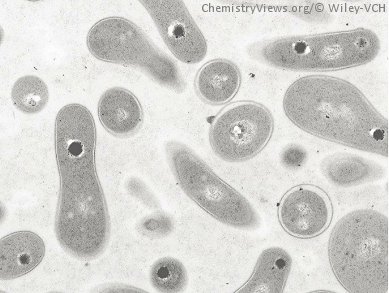Tuberculosis remains one of the most lethal infectious diseases in the world and the only existing vaccine does not protect adults. Lipidic antigens are considered as potential new subunit vaccines.
Jean-Marie Beau and co-workers, Université Paris-Sud, France, developed a synthetic route to analogues of natural diacylsulfoglycolipids (Acyl2SGLs) from Mycobacterium tuberculosis. The synthesis involved regioselective steps for the desymmetrization of the trehalose core and a highly diastereoselective access to chiral polymethylated fatty acids of any chain length.

Presentation of these antigens stimulates specific human T cells to release interferon-γ and kill intracellular mycobacteria. The structures of the synthesized Acyl2SGLs are much simpler compared to the natural antigens, while the potency of these synthetic SGLs is similar or even higher than the potency of the natural antigens. The antigenicity of the investigated SGLs increases with increasing fatty acid chain length and increasing number of methyl groups on the chain.
The team believes that these synthetic diacylsulfoglycolipids show potential as components of anti-tuberculosis subunit vaccines.
- Simplified Deoxypropionate Acyl Chains for Mycobacterium tuberculosis Sulfoglycolipid Analogues: Chain Length is Essential for High Antigenicity,
B. Gau, A. Lemétais, M. Lepore, L. F. Garcia-Alles, Y. Bourdreux, L. Mori, M. Gilleron, G. De Libero, G. Puzo, J.-M. Beau, J. Prandi,
ChemBioChem 2013.
DOI: 10.1002/cbic.201300482




